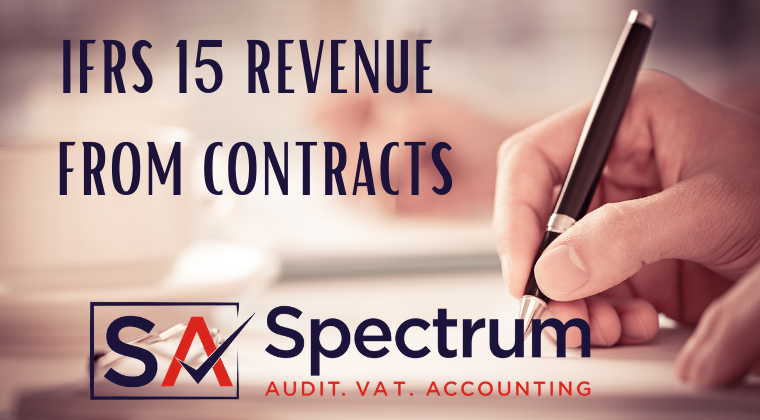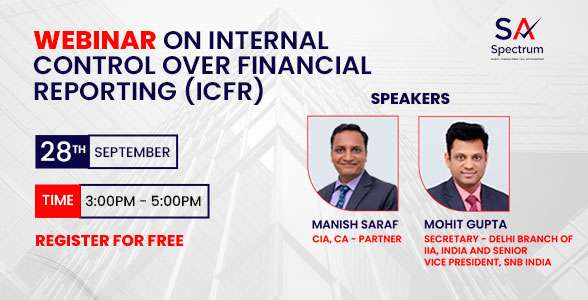The core principle of IFRS 15 is that an entity shall recognise revenue from the transfer of promised goods or services to customers at an amount that reflects the consideration to which the entity expects to be entitled in exchange for those goods and services. The standard introduces a five-step model for the recognition of revenue.
Users often found it difficult to understand the judgments and estimates made by an entity in recognizing revenue. The five-step model applies to revenue earned from a contract with a customer with limited exceptions, regardless of the type of revenue transaction or the industry making the transactions very easy to identify:
The five-step model for revenue is as follows:
Step one in the five-step model requires the identification of the contract with the customer. Contracts may be in different forms (written, verbal or implied), but must be enforceable, have commercial substance and be approved by the parties to the contract. Each party’s rights in relation to the goods or services have to be capable of identification. If a contract with a customer does not meet these criteria, the entity can continually reassess the contract to determine whether it subsequently meets the criteria.
For example, if you are in a textile or any other industry, it is advised to discuss the details before as this will avoid conflicts and acts as a base for or as proof for entering into sales or revenue transaction.
Step two requires the identification of the separate performance obligations in the contract. Performance obligation refers to the services or goods been provided to the customers.A good or service is distinct if the customer can benefit from the good or service on its own or together with other readily available resources and it is separately identifiable from other elements of the contract.
IFRS 15 requires that a series of distinct goods or services that are substantially the same with the same pattern of transfer, to be regarded as a single performance obligation.
For example in textile industry, we may sell different types of clothes and provide services along with it so each service if separately identifiable and gives benefit in providing it.
Step three requires the entity to determine the transaction price, which is the amount of consideration that an entity expects to be entitled to in exchange for the promised goods or services.
It is very important for firms to identify and set the price of the transaction. Spectrum is professionalized in setting a cost and profit margin for the clients and providing them with best cost accounting services.
Step four requires the allocation of the transaction price to the separate performance obligations.This goes along with 2nd and 3rd step, after determining the price we allocate it individually with the distinct obligations which we provide to customers. It can be priced based on standalone price, the best evidence of standalone selling price is the observable price of a good or service when the entity sells that good or service separately. When a contract contains more than one distinct performance obligation, an entity should allocate the transaction price to each distinct performance obligation on the basis of the standalone selling price.
Step five requires revenue to be recognised as each performance obligation is satisfied. If an entity does not satisfy its performance obligation over time, it satisfies it at a point in time and revenue will be recognised when control is passed at that point in time. Factors that may indicate the passing of control include the present right to payment for the asset or the customer has legal title to the asset or the entity has transferred physical possession of the asset.
Revenue is recognised in line with the pattern of transfer. Whether an entity recognises revenue over the period during which it manufactures a product or on delivery to the customer will depend on the specific terms of the contract.
While preparing financials and dealing with these transactions, there might be few issues, Spectrum helps in resolving such issues and provides better assistance.

Spectrum Audit is an expert firm in providing genuine advice on all the established laws that govern the business in UAE. Our passion and heart lie in serving the clients and we aim at utmost client’s satisfaction. We are registered Auditors under the Ministry of Economy UAE and also registered Tax Agent from Federal Tax Agency UAE, Dubai providing dedicated Audit, Accounting, Tax services and various Business Advisory Services complying regulatory requirements.
Reach us to have a frills free life in your journey in Dubai, UAE. We at Spectrum will assist you in taking care of all the legal procedures involved in the IFRS process. Call us today for any kind of business assistance at +971 4 2699329 or email us at [email protected] to get all your queries addressed. Spectrum is your partner in your success.



 contact us
contact us